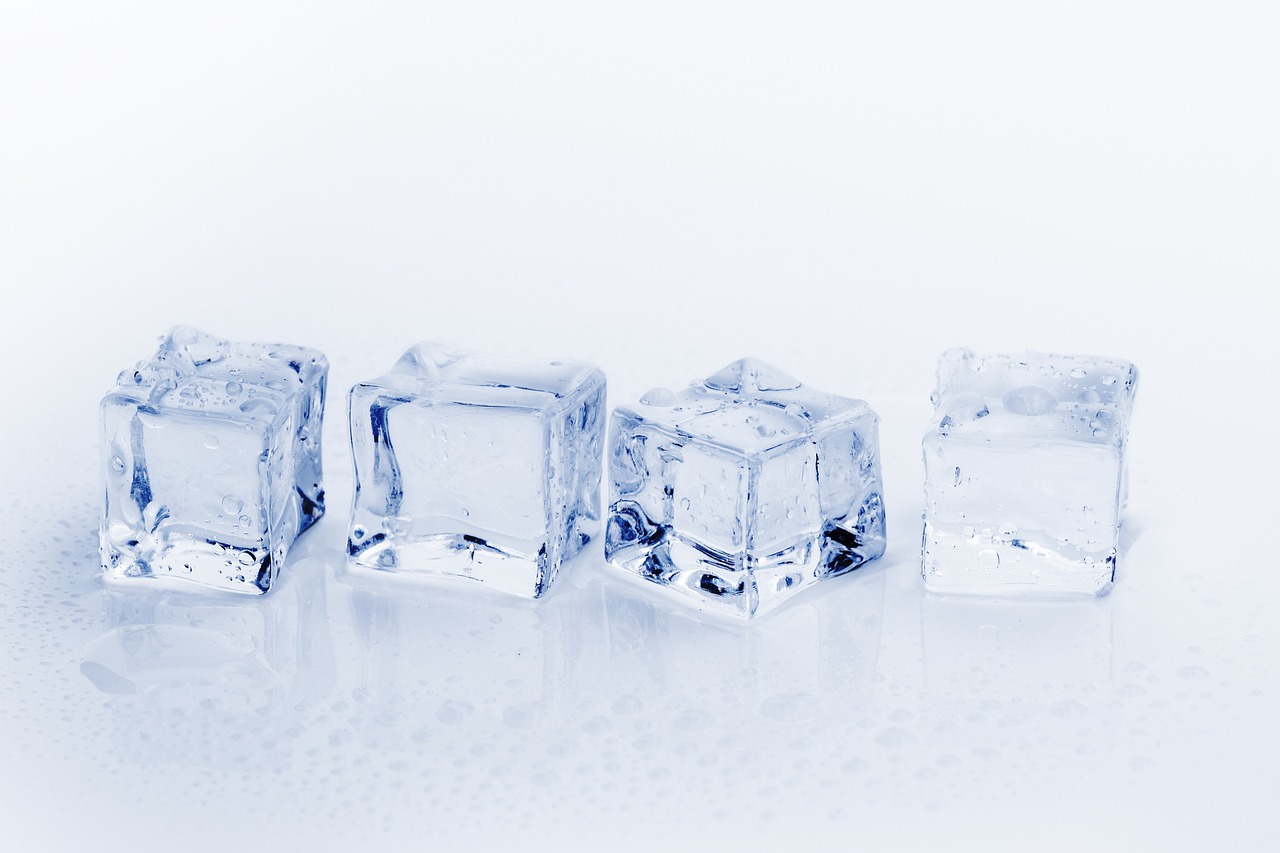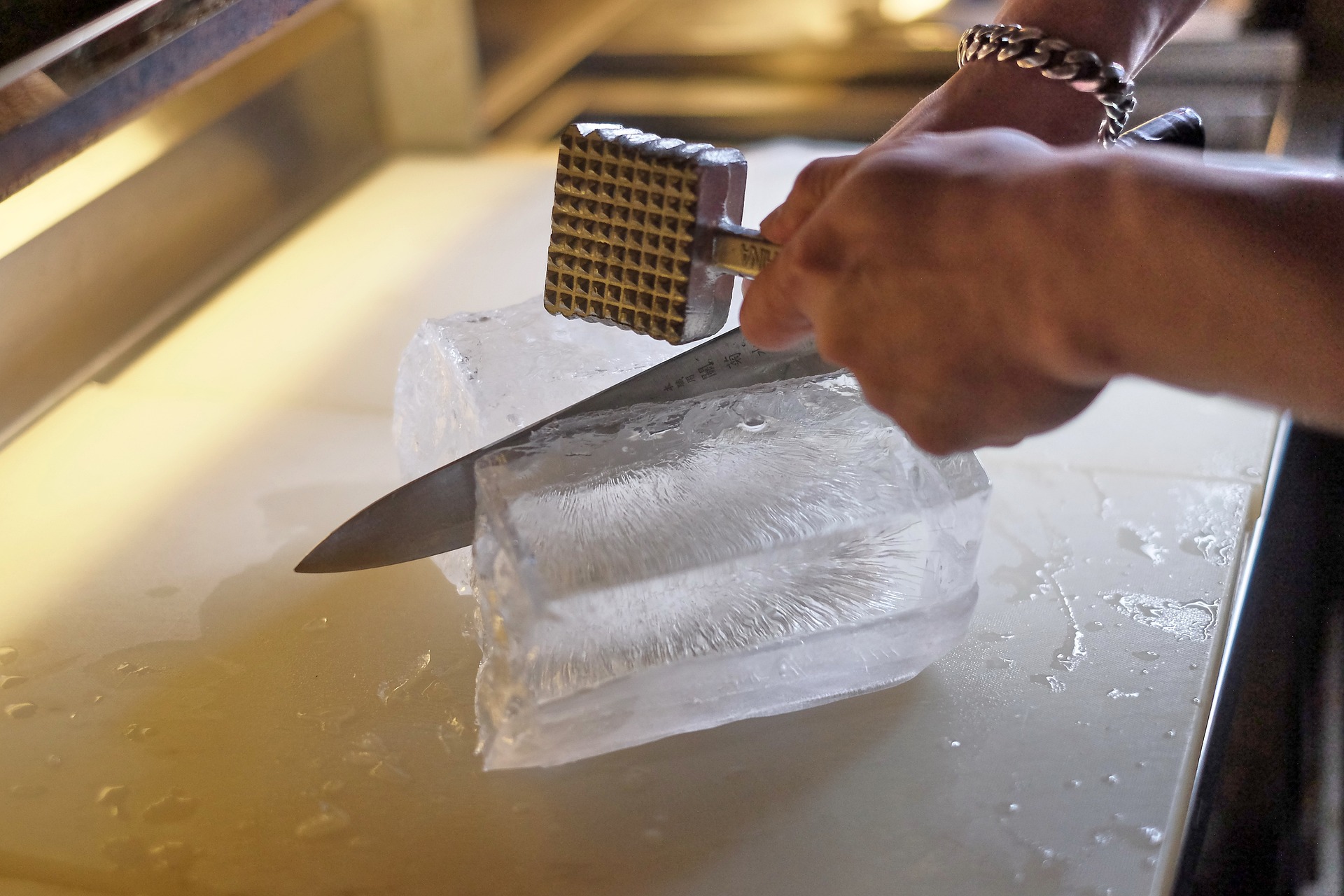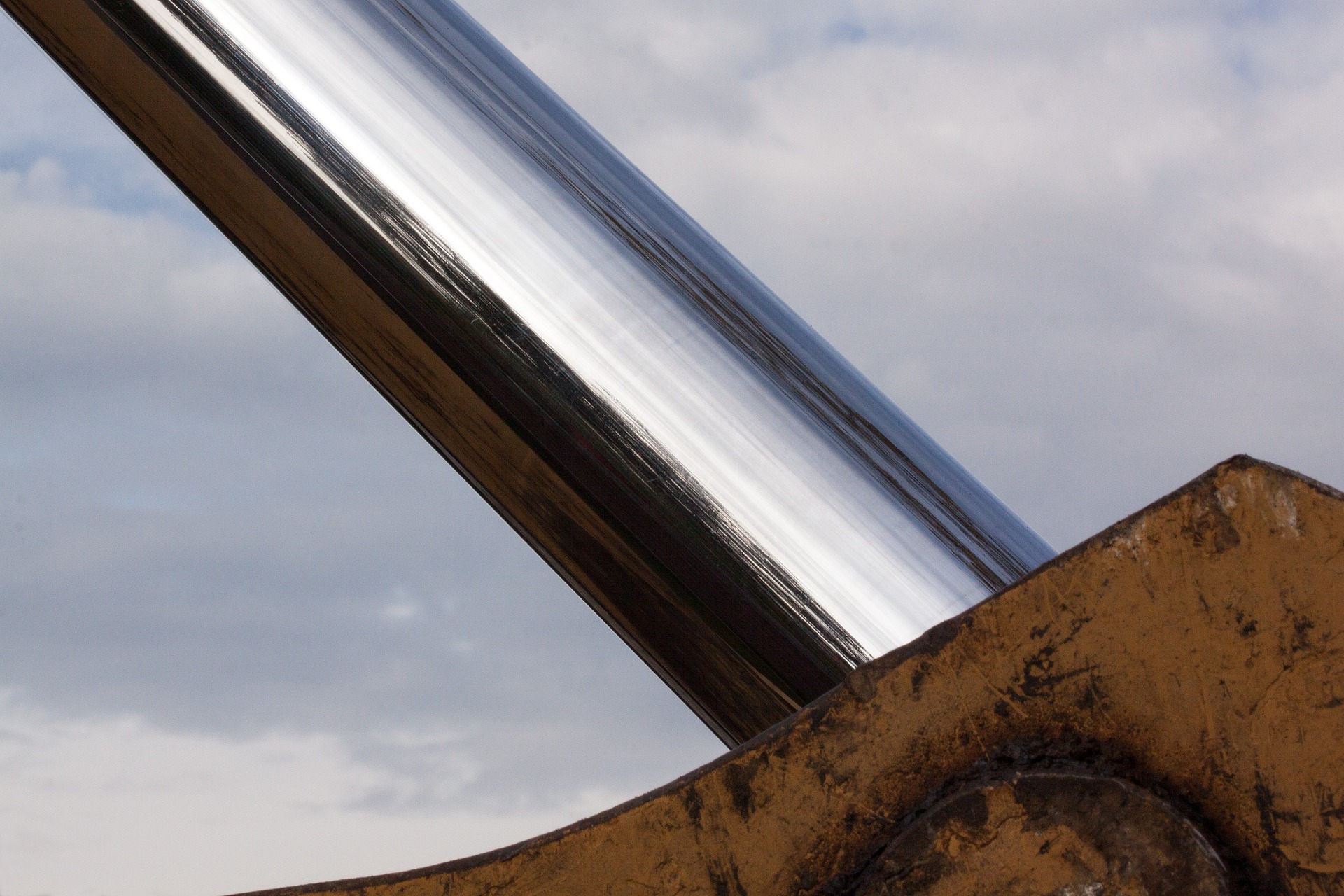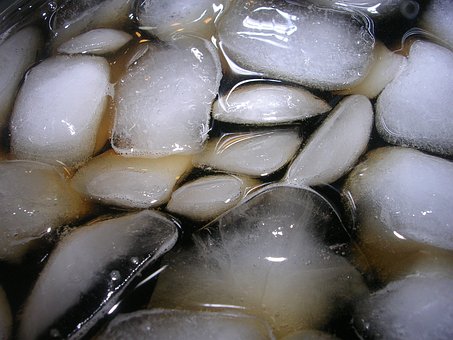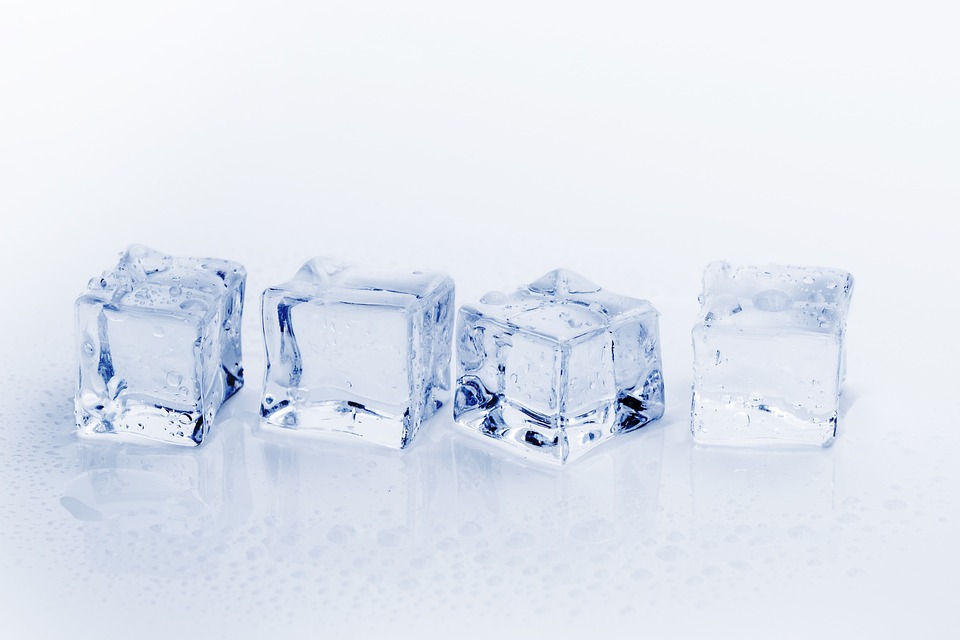Commercial ice maker machines come in different sizes and types. There are also different types of storage units to house your ice. You can either buy a modular model or an under-counter model. You also have the option of choosing a gourmet ice machine. There are several advantages and disadvantages of each type of machine.
Modular ice maker machines
Modular commercial ice maker machines are one of the most popular units manufactured by commercial ice machine manufacturers. These machines are highly versatile, with plenty of space-saving options. Many are slim and low profile, perfect for workplaces with low ceilings. In addition, these machines can be upgraded to have larger ice bins, if needed.
Most modular ice machines are available in 22-, 30-, and 48-inch widths. They can produce between 250 and 1000 pounds of ice per day and are designed to fit underneath soda dispensers and ice machine bins. These machines also feature automatic shutoff, ice scoops, and a water supply and drain pipe. Some machines can also be placed on counters as low as 40 inches high, which makes them an ideal choice for restaurants and small bars.
Undercounter ice maker machines
Undercounter ice maker machines are a great way to keep your drink cold and easy to clean. These machines have an easy-to-use control panel, and the LCD indicator allows you to see when to add water. They also produce ice incredibly fast and can produce as much as 100 pounds of ice per day!
Some under-counter ice maker machines have a front venting system for easy cleaning. Some of these models are built right into the counter and feature a sleek, modern design. They’re also great for entertaining; these machines are the best option if you want to make frozen drinks for your guests and if you have big dinner parties. Remember to unplug the machine and turn off the water supply before cleaning it.
Industrial ice maker machines
Industrial ice maker machines are used for a variety of commercial refrigeration applications. The ice they produce keeps beverages cold and ensures food safety. These machines are large-scale and designed to continuously produce flakes and blocks of ice. They can produce a range of outputs, from 1,100 kg to 27,000 kg per 24 hours. Some important features of an optimal industrial ice maker include low noise levels, built-in controls and diagnostics, and natural refrigerants.
When considering purchasing an ice machine, ensure the location is suitable for its purpose. For example, it should be placed in an area with adequate ventilation and floor space. Avoid installing the machine in a closet or storage room. Proper placement will enhance worker productivity and reduce utility bills. Also, it is important to check local code requirements before purchasing an ice machine.

